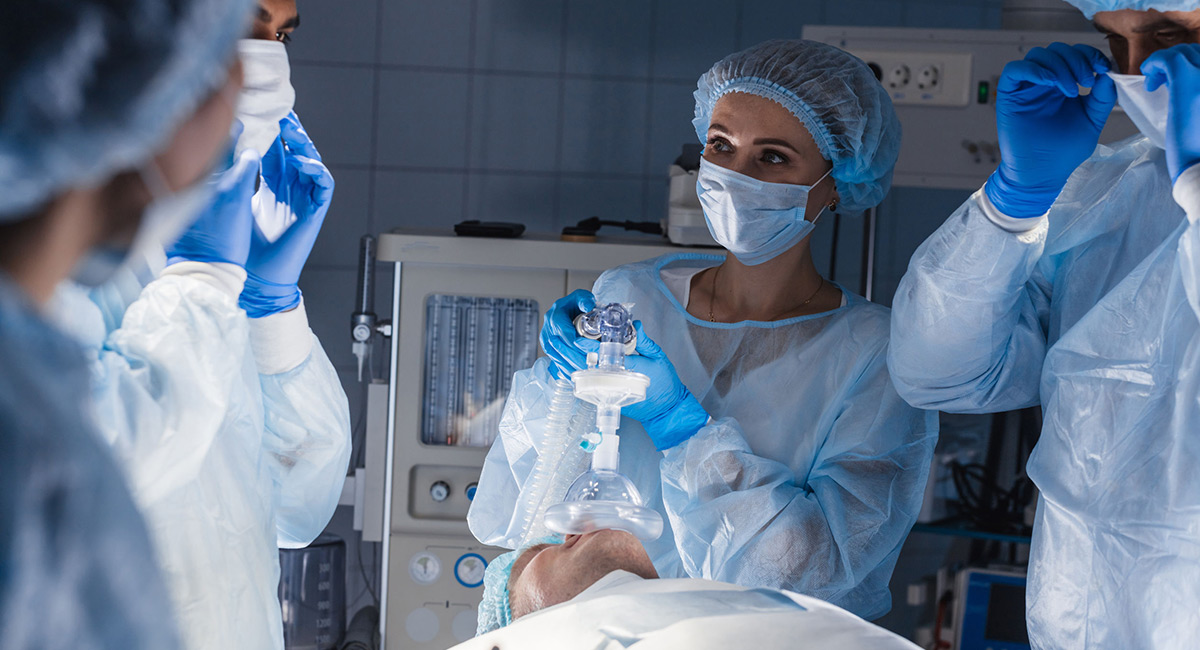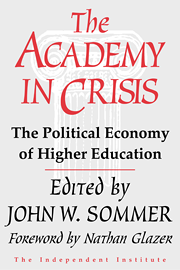Writing from the U.S. epicenter of the coronavirus pandemic, New York City Mayor Bill DeBlasio last week called upon the federal government to mobilize medical professionals to assist in the fight. Noting that many doctors and nurses who are not on the front lines of fighting COVID-19 could be doing so, DeBlasio asked the federal government to help “by getting every doctor, nurse and health care worker involved in this fight—and moving them, with precision, to the right place at the right time.” Included in this group would be podiatrists, dermatologists, and retired physicians and nurses.
DeBlasio’s call for action did not specify how the government would organize such mobilization; nor, thankfully, did he advocate coercive measures. He likened such efforts to the rapid mobilization of military forces as America entered World War II.
Such mobilization of available professionals cannot be accomplished under current rules restricting the geographical and procedural scopes of practice for many doctors, nurses, physician assistants and medical assistants. The most obvious rules that would have to be waived are state licensing regulations. It would be easy for President Trump to use his authority under the declaration of national emergency to accept medical licenses from all 50 states for individuals mobilized to practice in federal medical facilities, including VA hospitals, military facilities and hospital ships, Indian Health Service facilities, and medical hospitals and centers in the U.S. territories.
Although the president may have authority to override the states, it would be relatively easy for governors to waive out-of-state licensure rules to recruit and accept medical personnel from other parts of the country. Indeed, Health and Human Services Secretary Alex Azar has called upon governors to waive license restrictions for out-of-state medical professionals.
The more complex area needing immediate waivers or suspension of regulations involves rules that limit the scope of practice for physician assistants, psychologists, nurses and medical assistants—all of them front-line workers in the battle against COVID-19. Physician assistants (PAs) have gained the most media attention, because state limitations on supervision from physicians hamper their ability to use their skills when they are in facilities far removed from their typical supervisors.
New York Gov. Andrew Cuomo recognized this barrier late last month, joining Maine and Tennessee in issuing an executive order suspending such requirements during the pandemic. Fourteen other states have laws permitting the suspension of supervision limits during emergencies, but that leaves a majority of states without waivers. As David E. Mittman noted in The Hill on March 28, “Many state legislatures have recently ended or adjourned due to COVID-19, so now it’s up to state governors to recognize the need to give PAs greater flexibility and act as soon as possible to grant it.”
Psychologists, nurses and medical assistants also could benefit from immediate waivers or suspension of regulations that limit their areas of practice. Only five states permit licensed psychologists to prescribe appropriate drugs. Granting such authority in all states would not only improve mental health care during these stressful times, it also would free up psychiatrists, who are M.D.s, to apply their training to physically sick patients.
Nursing actually has three professional levels in most states. The lowest level of training produces licensed vocational/practical nurses; the next level is registered nurses; and the top level, advanced practice nurses. Already there have been calls to let LVNs/LPNs, who often work at nursing homes, perform duties normally assigned to RNs. Just as soldiers in battle conditions often had to assume duties assigned above their rank, so too should nurses be permitted to perform procedures above their grades.
The same logic applies to medical assistants, non-licensed members of medical teams who perform a wide variety of tasks, ranging from charting a patient’s medications and taking vital signs to administering flu shots. Inexplicably, in many states medical assistants can administer most types of injections prescribed by doctors or PAs, but they cannot start, flush or discontinue IVs. Those states with strong restrictions should adopt the policies of the least restrictive states, right now.
Finally, we need to copy another aspect of emergency military mobilization and ask ourselves: Where are the reserves? Major media outlets have pointed out that retired doctors, nurses and other medical professionals require no training and just an emergency reinstatement of their expired licenses to get back to work. Other reports have featured medical schools graduating their third-year M.D. students a month or two early, so they can immediately go into practice.
This same early graduation step should be taken with PA and nursing students. In these areas of practice, a licensing examination is typically required; however, because of time delays in processing graduation paperwork and exam fees, it normally takes 45 days from the date of graduation for a new nurse to take the NCLEX exam required for licensure. During this public health crisis, temporary licenses should be granted to nurses and PAs who are waiting to take licensing exams.
The State of New York also should consider suspending its “BSN in 10” law, enacted in January 2017 and now in effect. This law requires that all registered nurses complete a bachelor of science in nursing degree within 10 years of obtaining RN licensure. Importantly, nearly all BSN degrees do not include any clinical practice courses, and they do not lead to a higher level of professional licensure. Incredibly, at this time of crisis, some experienced nurses are faced with loss of licensure.
The complexities of professional training and licensure in many health care professions were designed to protect the public from malpractice, but in recent decades they have helped to increase costs of medical care and limit opportunities for many capable individuals seeking professional careers in medicine. The temporary measures that are desperately needed to mobilize an army of health care professionals should be considered as part of a serious overhaul of America’s health care training and licensure regulations.









